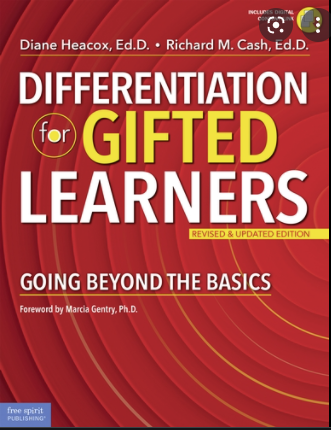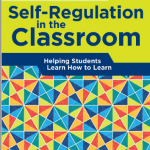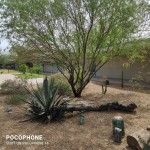Chapter 1 of Differentiation for Gifted Learners (Heacox, 2019) explains something I never knew: the distinction between gifts and talents. Heacox based her viewpoint of gifts and talents on the position of Francoys Gagne. Gifts are “superior innate aptitudes…[present at birth]…the ‘promise’ of giftedness that may or may not grow into talents.” Talents are “outstanding learned capabilities and skills developed over time through training, learning, and practice. Talents reflect superior performance…”. In short, gifts can lead to potential talents, but not necessarily.
Gifts indicate the potential for talent.
Gifts do not predetermine what that talent will be or if the talent will ever develop.
Yet, a person with a strong talent is most likely also gifted.
Gagne’s model identifies two important elements for talent development: the environment and the intrapersonal. The environment is just that. It includes:
- the culture
- the resources
- the experiences
- the access
- the level of individual interaction with it.
Intrapersonal is what lies within the child. It is the child’s “physical and mental traits as well as goal management capabilities.” If these two elements do not provide the child with opportunities to build up talents, the talents will not develop.
As a Montessori teacher, this perspective is very familiar. We hold that all humans are born with innate sensitivities (gifts) that are developed based on the environment. For example, language. Babies are born with a sensitivity for language and develop it based on the environment they are in. They will master all languages consistently exposed to while they are in their sensitive period for language (talent). They do this with natural ease, just like a gifted child. This idea makes me think of the gifted child as being one with sensitivities that may not end, but stay open, allowing them to continually take in those areas with ease.
Like the baby, the gifted seem to be drawn to those areas they are in sensitive periods for. They absorb them without effort and exit with mastery often beyond their years. It is amazing that the human can master language between the ages of 3-5 when they were born helpless. The same for the talents developed by the gifted.









